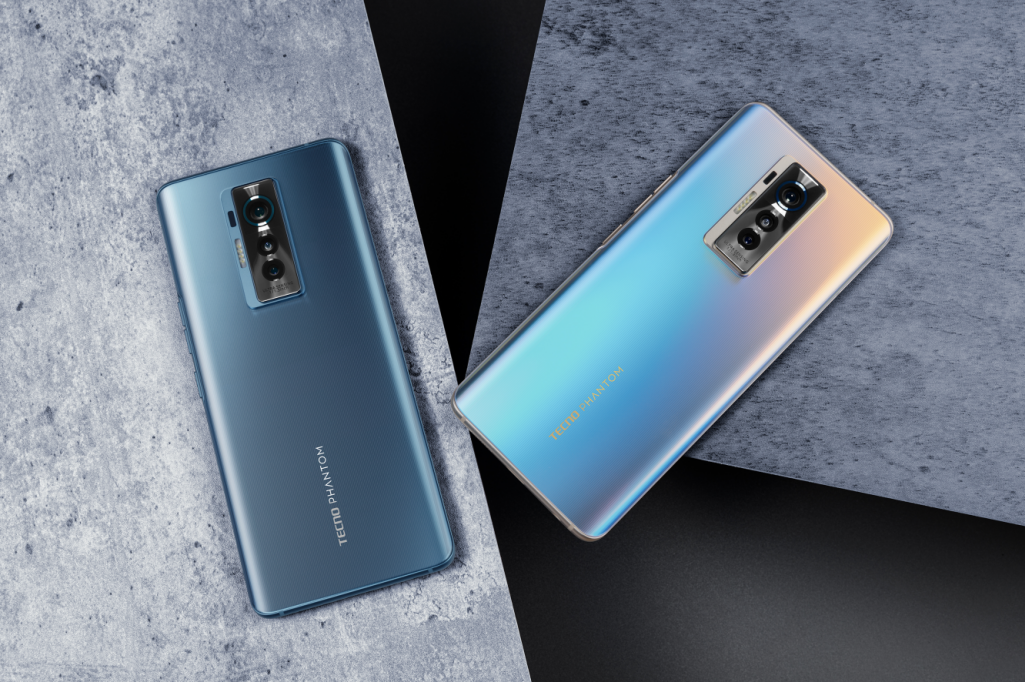By Zion Rufus
Today, the global economy has forced brands to adapt their marketing strategies and tactics to suit different cultures.
When reaching either a national or international audience, advertisers have found out that ‘one size no longer fits all’ as cultural diversity and the disparity in beliefs becomes increasingly glaring as the world connects through social media channels.
Companies have to take into account cultural differences when creating ads. The ad may be well crafted in its native market, but it is different when used globally. Marketing and advertising companies should aim to develop culturally sensitive creative messages that resonate with their target audience.
To understand the view of consumers, MARKETING EDGE conducted a vox pop which reveals the mindset of the various customers across demographics Pan-Nigeria.
Nigerian Music Producer, D-Plus said: “Airtel makes a lot of that blunder in their campaigns. First they are stereotypical in their ads; next they paint a demeaning picture of mother-in-laws. What suits the idea, character, and personalities of mother-in-laws in one culture, might be entirely wrong and unacceptable in another.”
Ogunnowo Afolabi, an Auditor states: “The thing about advertising is that most times the cultural and/or social effects are not properly thought through. Agreeably, when brands create advertisements, they have a target audience in mind, which means they will automatically create something that will suit their target audience; fairly speaking, there are also companies that go the extra mile to put into consideration different cultures.’
“Let’s take Globacom for instance; they ensure all parties are represented. They include the Hausa, Yoruba, and the Igbos in all their campaigns. This explains that Glo is welcoming everyone on board. On the flip side, you will rarely see a commercial that is Hausa or Fulani oriented. And this is because most brands in Nigeria don’t necessarily see them as a target audience. This development could make the campaigns insensitive, because it would seem like the East and West are included mainly because they are more educated and elitist.”
Speaking in an interview with MARKETING EDGE, Omono Okonkwo, Correspondent at Gas Strategies, UK explained that brands need to bear cultural sensitivity at the back of their minds when creating advertisements. “It boosts consumer engagements; a good advert should be able to generate feedback, talkability, and even controversy. Whether online, on TV, or on radio, the creative message should be able hit certain nails on the head. For example, the recent advertisements by Airtel portray Ngozi Nwosu as the typical Igbo mother-in-law, and Iya Rainbow with all her mannerisms can easily be associated with the prevailing characters of the older Yoruba women. Another example is The Rain Maker campaign, it was highly inclusive as it cut across all cultures, Igbos, Yorubas, Hausas.
“It is almost impossible for brands to create a one-size fits all advertorial message as there are hundreds of ethnic groups, but in Nigeria, customers can actually relate with the campaign if it at least has two or three of the major ethnic groups represented.”
Most times, customers begin to frown over these stereotypes and gross oversimplifications in TV commercials, street advertising, and everyday life; while at another level, when this happens brands respond by ensuring cultural sensitivity in their internet advertising and campaigns.
Digital marketer, Deborah Olaiya is of the opinion that not much emphasis should be placed on cultural sensitivity as brands are allowed to advertise to their target audience. “You can’t please everyone,” she states. “Brands should be allowed to talk to each culture in a different way. Creative messages should be based on the products, and the focus should be on the target audience. Some products are for specific people and you just have to direct your message to them without having to worry about what other factions are thinking.”
President, TAG Leaders’ Hub, and Business Strategist, Godwin Adekoya said: “Cultural sensitivity in creative messages is fast fading. In the past, brands like MTN ensured that their messages cut across races and cultural backgrounds; now advertisers focus mainly on their target audience. A vivid example i can state is Nigerian Breweries. There was a time where in the North, Nigerian Breweries outlets were destroyed, shops were burnt, goods were confiscated; you wouldn’t expect the North to be included in their advertisements after such incident. Moreover, it is easier for the brands to direct their campaigns to their target audience”
Culture is an important aspect of advertising. In creating culturally sensitive ads, advertisers must ensure all regions, races, culture, cultural attitudes, beliefs, and sexual preferences are considered and included. Aided by innovation, digital marketing and the rise of the global tech industry has created new ways for companies to reach consumers.
While some businesses choose to adhere to a homogeneous business structure that minimizes cultural variances, others use this as an opportunity to expand into new markets and reach out to new customers.






Comment